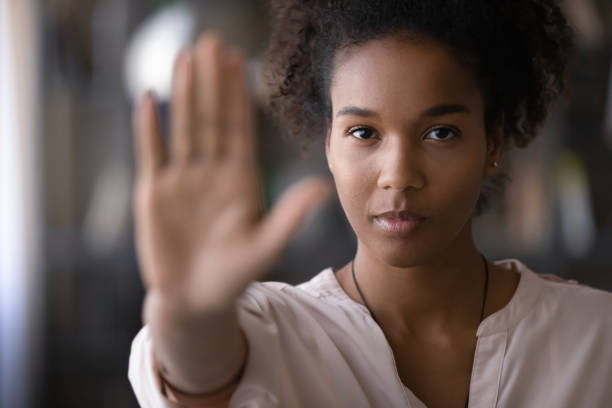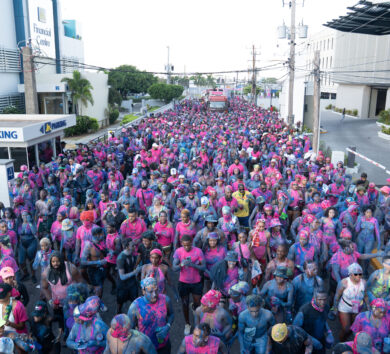

Women globally continue to experience gender bias across various sectors with 9 out of 10 men and women holding biases against women, a report by the United Nations Development Programme (UNDP) has revealed.
According to the report Breaking down gender biases: Shifting social norms towards gender equality published on Monday (June 12), nearly half the world’s population believe that men make better political leaders than women do, and two out of five people believe that men make better business executives than women do.
These gender biases were seen in both lower and higher Human Development Index (HDI) countries.
The UNDP’s Gender Social Norms Index (GSNI) quantifies biases against women by capturing people’s attitudes on women’s roles along four key dimensions such as political, educational, economic and physical integrity captured data up to 2022.

The data revealed that there had been little overall progress, despite powerful global and local campaigns for women’s rights in recent years, such as Me Too, Ni Una Menos, Time’s Up and Un Violador en Tu Camino.
One of the main contributing factors to gender biases against women is gender social norms which the UNDP report believes deprive societies of the many benefits of women’s leadership and the diversity of perspectives, experiences, abilities, voices and ideas.
Economically, the report suggests that there is a barrier between women to education and achievements in economic empowerment. In countries with higher bias in gender social norms, women spend more time than men as much as six times as much on domestic chores and care work.
Politically, gender gaps remain high where women who occupy roles as heads of state or government remained around 10 per cent worldwide since 1995 and women hold just over a quarter of parliament seats globally.

“Women leaders are often judged more harshly than their male counterparts. When women become leaders, changes in social norms can go either towards greater acceptance of women’s leadership or towards a stronger backlash against women,” the report said.
The GSNI revealed that women are underrepresented in politics, public administration and business leadership. Some 11 per cent of heads of state and 9 per cent of heads of government are women and only 22 per cent of ministerial roles.
Violence against women and girls

Alarmingly, more than a quarter of the world’s people believe that it is justifiable for a man to beat his wife. Similarly, 26 per cent of women over age 15 have experienced intimate partner violence.
According to the report, social norms that are not explicitly linked to violence can result in violence against women and girls. For example, social norms that support men’s social or physical control over women (including over their assets) can increase the risk of intimate partner violence or sexual abuse.
The report also suggested that social norms biases can also make it difficult for women to denounce and escape violence.
In order to achieve gender equality, countries are being encouraged to focus on expanding human development through investment, insurance and innovation.
Education, recognition and representation can directly address biased gender social norms, the report said.
–Send feedback to [email protected]







Comments